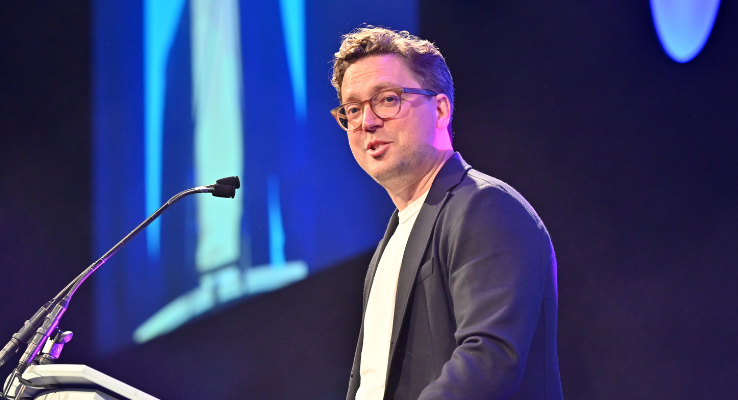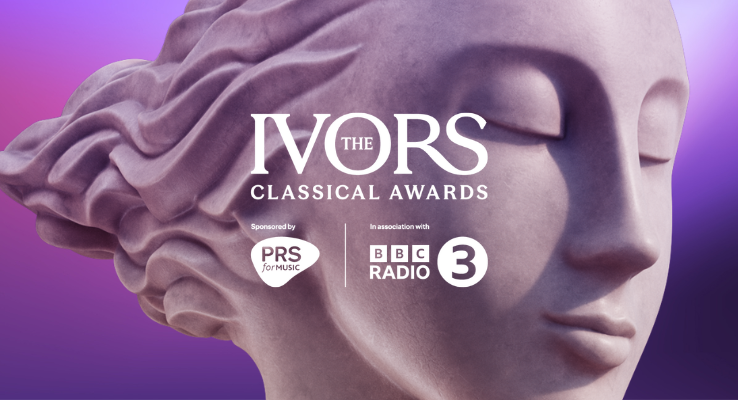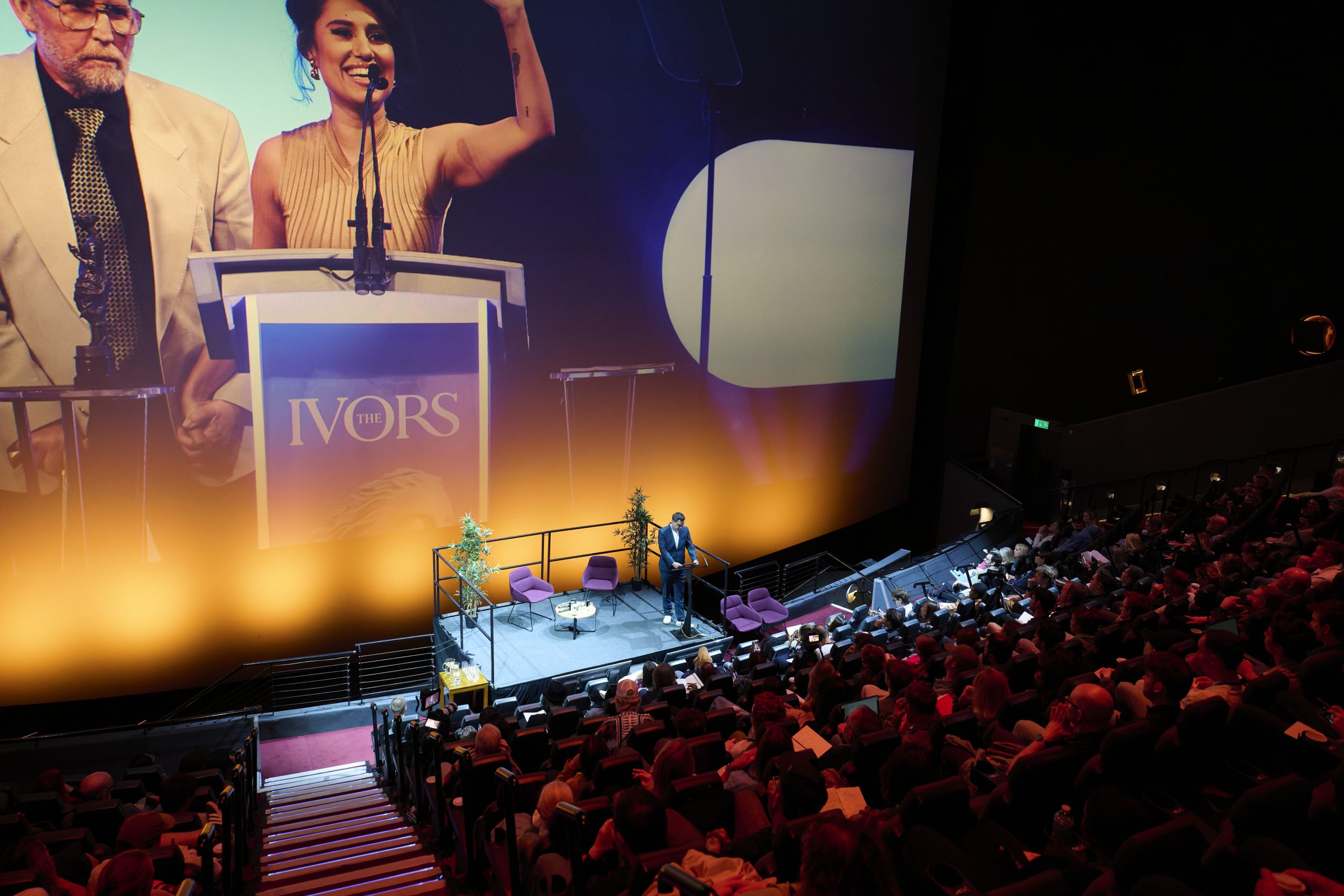Protect
Campaigning and support to protect the rights and earnings of songwriters and composers.

Campaign
How we've secured per diems for songwriters
Celebrate
The most prestigious celebrations of songwriters, composers and their champions.

The Ivors Classical Awards
11 November 2025


